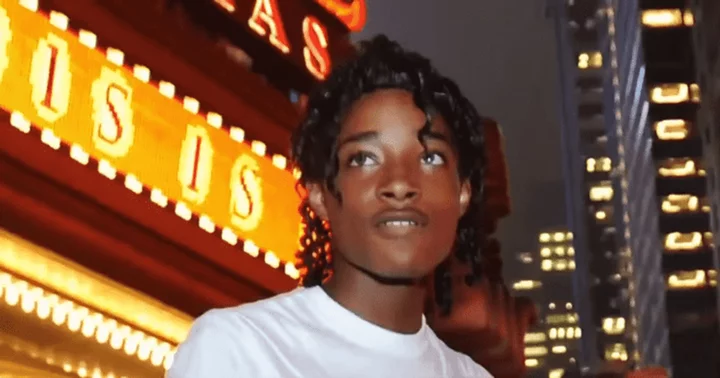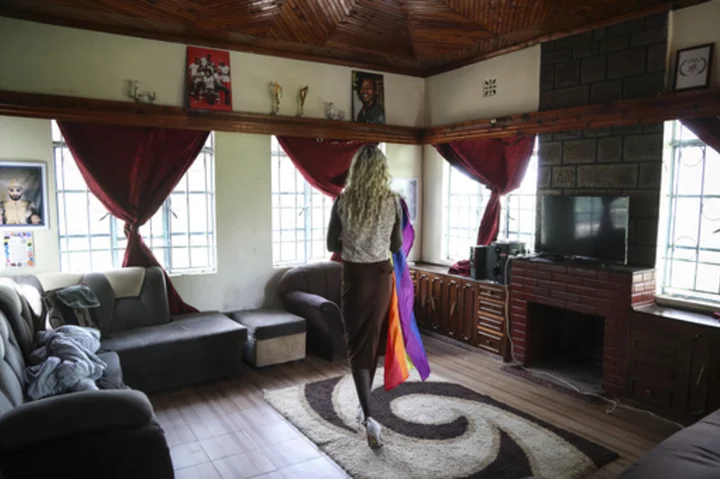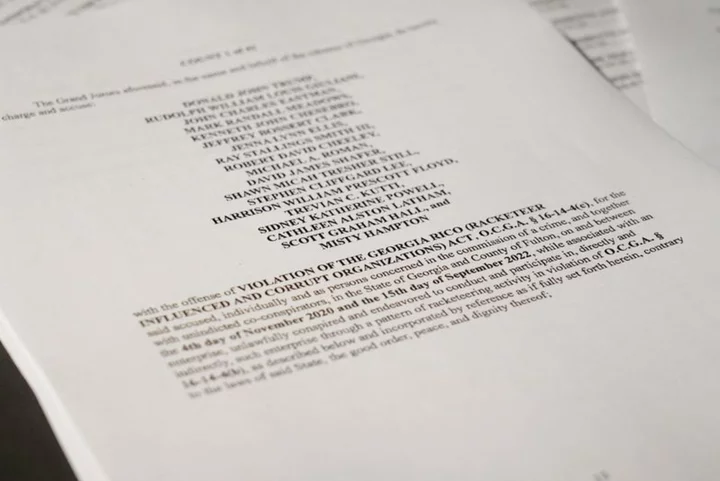MANHATTAN, NEW YORK: Jordan Neely, a homeless man who died from a chokehold in a New York subway station, had a criminal history that included around 44 arrests. Ex-US Marine Daniel Penny was released on bond after he was charged with second-degree manslaughter. The 23-year-old was charged after a "thorough investigation," as per Assistant district attorney Joshua Steinglass. It included interviews with eyewitnesses, 911 callers, and responding officers before criminal charges were slapped against him.
Neely had committed a series of violent crimes in New York City. In 2015, he kidnapped a 7-year-old girl. In 2019, he punched a 64-year-old man in the face. In 2021, he punched a 67-year-old woman in the face as she exited the subway, causing serious injuries. Despite being arrested 44 times, some netizens feel that Neely has never been held accountable for his actions and has not faced "real justice" for terrorizing the people of New York City.
READ MORE
Jordan Neely's family slams Daniel Penny's statement as 'character assassination' to justify killing
Neely pled guilty to child endangerment in 2015
In August 2015, Neely was caught attempting to kidnap a 7-year-old girl by dragging her down a street in Inwood. He was arrested and later pled guilty to endangering the welfare of a child, receiving a sentence of four months in jail. Vivek Ramaswamy confirmed the same in a tweet, where he wrote, "In 2015, Jordan Neely kidnapped a 7 year old girl. In 2019, Jordan Neely punched a 64 year old man in the face. In 2021, Jordan Neely slugged a 67 year old woman in the face as she exited the subway, breaking her nose and fracturing her orbital bone. Neely was arrested 44 times, but never faced real justice for terrorizing New Yorkers. The @ManhattanDA shares responsibility for his death for creating an anti law enforcement culture. Habitual felons like Neely should not roam freely to terrorize & prey on innocent members of our communities."
'The goal should be to help people'
One person commented, "44 times !? When I grew up if you got arrested once you would go to jail, there wasn’t a second or third chance let alone 44 violent crimes. This is insane. I thought there was a three strike rule ? Bring it back." Another commented, "Imagine what this country would look like if instead of wasting trillions annually on the many industrial complexes. But instead tax dollars were used for the people with public services and infrastructure, healthcare and education. The goal should be to help people. Their is no life sentence for the crimes this man committed, and if a prison is necessary in society it should be successful in reforming prisoners." A third said, "This raises an excellent point. This is an issue that goes beyond skin color. People who are a danger to themselves or others need support systems and our society may be failing them, which leads to situations like what happened with Jordan Neely," while a fourth questioned, "How does someone only get 4 months for trying to kidnap a child… we are so ridiculously soft on crime."
The NYPD treats 'people with mental disabilities as threats'
"The NYPD has a long history of treating people with mental disabilities as threats to be met with force instead of people in need of care," Beth Haroules, director of disability justice litigation at the New York Civil Liberties Union, told Newsweek. "It is because of this mindset that the NYPD so quickly disclosed Jordan Neely's criminal and medical history, in what seems like a perverse bid to vilify him, all while protecting the identity of his killer. There is a direct line from the kind of fear-mongering rhetoric from our elected leaders and law enforcement about people living with mental illness, and the kind of vigilantism that took Jordan Neely's life."
A person tweeted, "being homeless is illegal in the US. Loitering, pan handling, trespassing, open containers in public, public urination, + dozens of other crimes are used as an excuse to arrest ppl who don't have a place to live and public facilities to use." The user continued, "A lot of people don't have criminal records until they become unhoused - or become unhoused after their first charge that keeps them from being able to find a place to live. Then they get more and more charges due to the nature of the criminalization of the poor + survival."
This article contains remarks made on the Internet by individual people and organizations. MEAWW cannot confirm them independently and does not support claims or opinions being made online.









